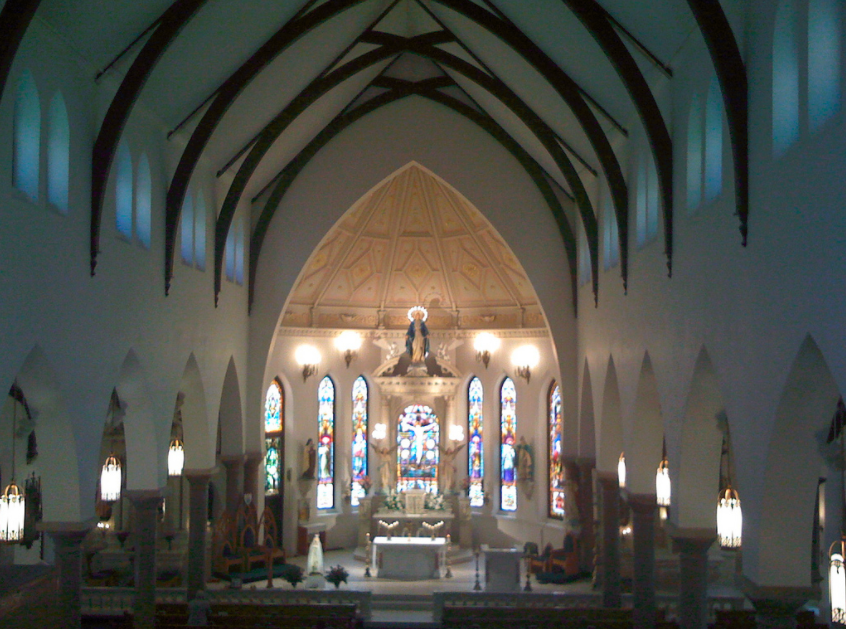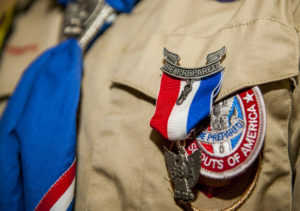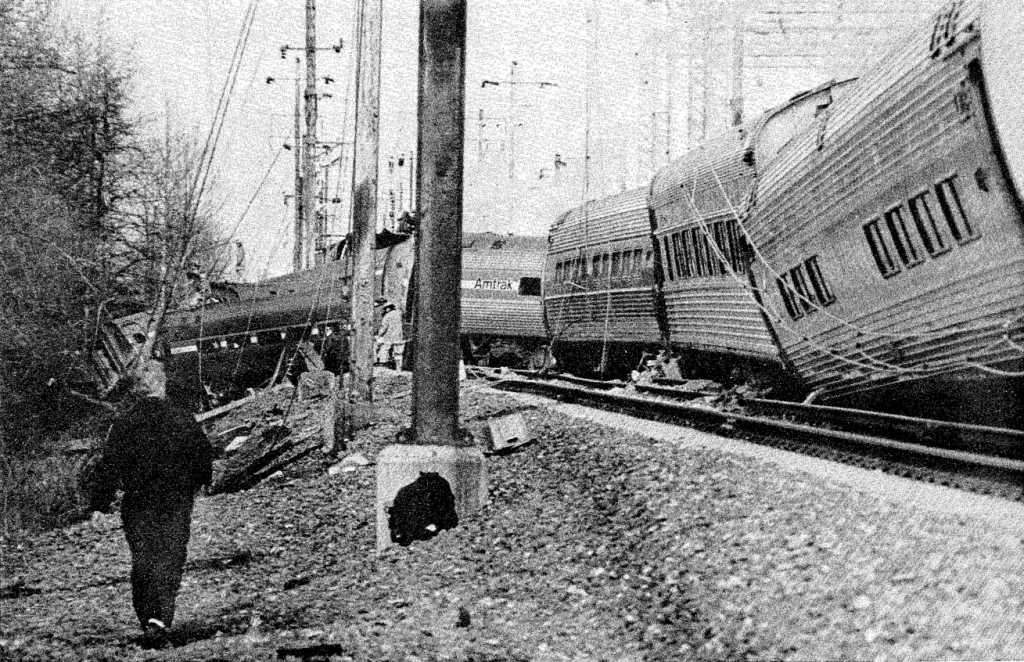Even with all that has been known about the Catholic Church’s sexual abuse scandals, revelations about the role of Pope John Paul II in elevating a former archbishop accused of abuse caused shockwaves. A new report from the Vatican found two popes ignored, overlooked, or downplayed allegations against Theodore McCarrick. Amna Nawaz talks to The New York Times’ Elizabeth Bruenig.
Full Transcript:
-
Judy Woodruff:
Even with all that’s been known about the Catholic Church’s sexual abuse scandals, today’s revelations about the historical role of Pope John Paul II in the elevation of a former archbishop accused of sexual abuse was stunning.
A report from the Vatican found two popes either ignored, overlooked, or downplayed allegations when it came to taking tough action against Theodore McCarrick over two decades.
Amna Nawaz has the story.
-
Amna Nawaz:
Judy, the 449-page report found that, before John Paul II elevated Theodore McCarrick to archbishop of Washington, he already was aware of multiple allegations against McCarrick.
That included reports of sexual misconduct with another priest, sharing beds with seminarians, and anonymous letters accusing him of pedophilia with his nephews.
But McCarrick denied those allegations, and he rose to become one of the most powerful and well-known Catholic leaders in the United States. The investigation also found that Pope Benedict delayed an investigation into McCarrick’s behavior, and that Pope Francis also did not act on allegations about McCarrick until 2017, believing that Pope John Paul II had already reviewed them.
McCarrick was removed as archbishop in 2006, but was not defrocked — that is to say, removed from the church — until 2019.
Elizabeth Bruenig is an opinion writer for The New York Times who writes about faith and religion. She has long covered the McCarrick story, including speaking with survivors. And she joins us now.
Elizabeth, welcome to the “NewsHour.”
We should say, as we have learned more and more about the depths of this abuse scandal, the questions have always been, who knew and when did they know? And this report seems to say, everyone knew. The men at the highest levels knew, and they knew for years.
Is that accurate?
-
Elizabeth Bruenig:
That’s accurate.
At least as early as the 1990s, there was widespread awareness in the hierarchy that these allegations had been made and that they were continuing to be made over time.
-
Amna Nawaz:
And what have we learned about any kind of common thread?
As we just noted, three different popes knew about the allegations. One sort of believed McCarrick’s denials over the allegations. The other chose not to look into it. Is there a common thread in that behavior?
-
Elizabeth Bruenig:
McCarrick was very charismatic, and he was extremely winning. And he was also a very gifted fund-raiser who made lots of monetary gifts to other members of the church hierarchy.
And the common thread in all of the authorities who failed to accurately investigate or adequately look into the allegations against McCarrick is that they trusted him, they believed him, and they saw no reason to deal with what they assumed to be conduct that only involved other adults and, in many cases, conduct they presumed to be long in the past.
-
Amna Nawaz:
So, as we have mentioned, you have reported on some of the survivors before.
Have you spoken with them today? And what’s been their reaction to the report?
-
Elizabeth Bruenig:
I have, yes.
One of the survivors that I spoke to who was abused by McCarrick as a child, as a minor, is exhausted by this episode. The McCarrick saga has stretched on now since 2017. So, if you can imagine three years of media inquiry, and then church inquiries of different stripes into what happened to this individual, I think it’s easy to understand why he’s completely exhausted at this point.
-
Amna Nawaz:
What kind of impact does this have more broadly in the Catholic community? We talk about these issues of trust and faith.
The idea that church leaders knew for years and didn’t do anything, what kind of impact can a report like this have?
-
Elizabeth Bruenig:
It has seriously damaged the moral credibility of the Roman Catholic Church.
The fact that the sex abuse crisis is still ongoing at this point in time, when we first learned about it in 2002, I think is a serious, serious problem that compromises the church’s ability to speak out on moral matters. And I think it’s going to really put a shroud over the papacy of Pope Francis.
-
Amna Nawaz:
What do you mean by that, specifically with Pope Francis?
-
Elizabeth Bruenig:
Well, Pope Francis commissioned this report. And I think that was an effort to try to preserve some credibility by making a real effort towards transparency.
And this is a real effort towards transparency. An investigation like this hasn’t been conducted before, not that’s been publicized, certainly not by a layperson. This was conducted by a layperson.
But Pope Francis presumed that his predecessors had dealt with McCarrick. And he wasn’t, it appears, going to look into the matter again, until the allegations came forward from the Archdiocese of New York. And at that point, he began reviewing things.
But the fact that he didn’t take action before then is disturbing.
-
Amna Nawaz:
Elizabeth, a lot of people are asking, what now?
I mean, for example, the American bishops are going to hold their annual meeting in a couple of weeks. Everyone says they welcome this level of transparency. Do you believe the steps are being taken within the church to make sure this doesn’t happen any longer?
-
Elizabeth Bruenig:
Well, with so little transparency as it is, it’s hard to place a lot of faith in those kinds of steps and pronouncements that things are much better now.
I think this report is a landmark. And I hope it’s a turning point. There are several things the church could do to try to assure this doesn’t happen again. There needs to be more oversight from laypeople. There need to be ways to report bishops that result in transparent processes of accountability, not just priests.
And until those kinds of monumental changes happen, it’s hard to see how these kinds of events will have really been forfended.
-
Amna Nawaz:
That is Elizabeth Bruenig, opinion writer for The New York Times, joining us tonight.
Thank you so much for your time.
-
Elizabeth Bruenig:
Thank you.








